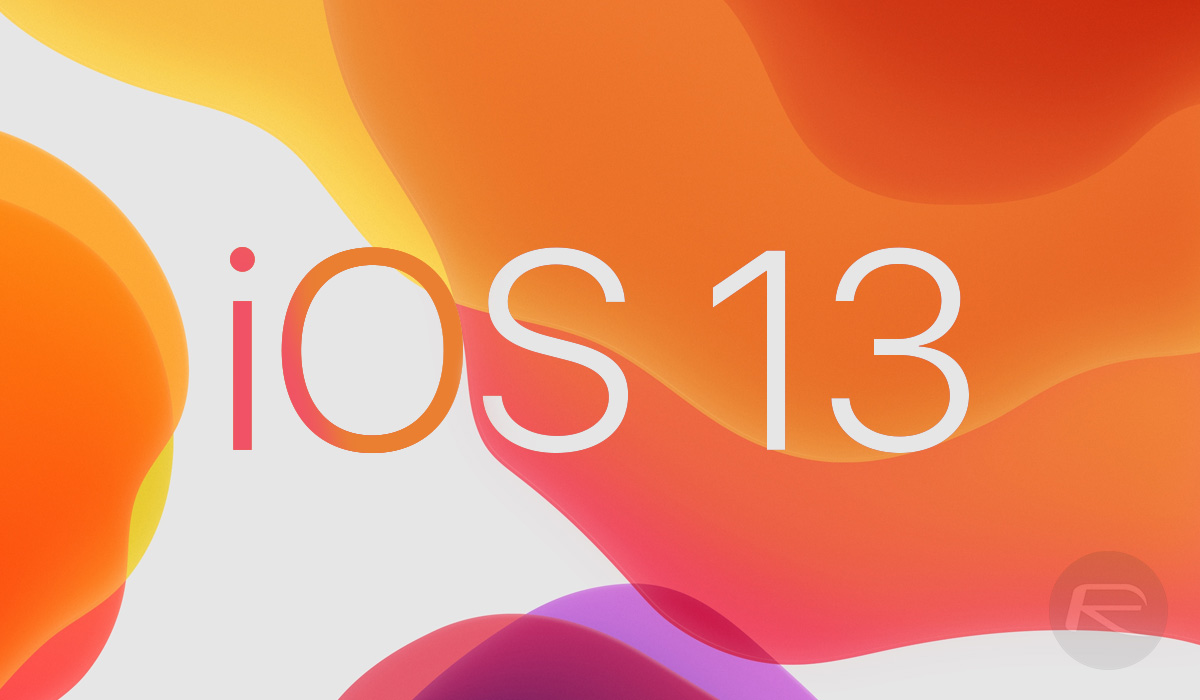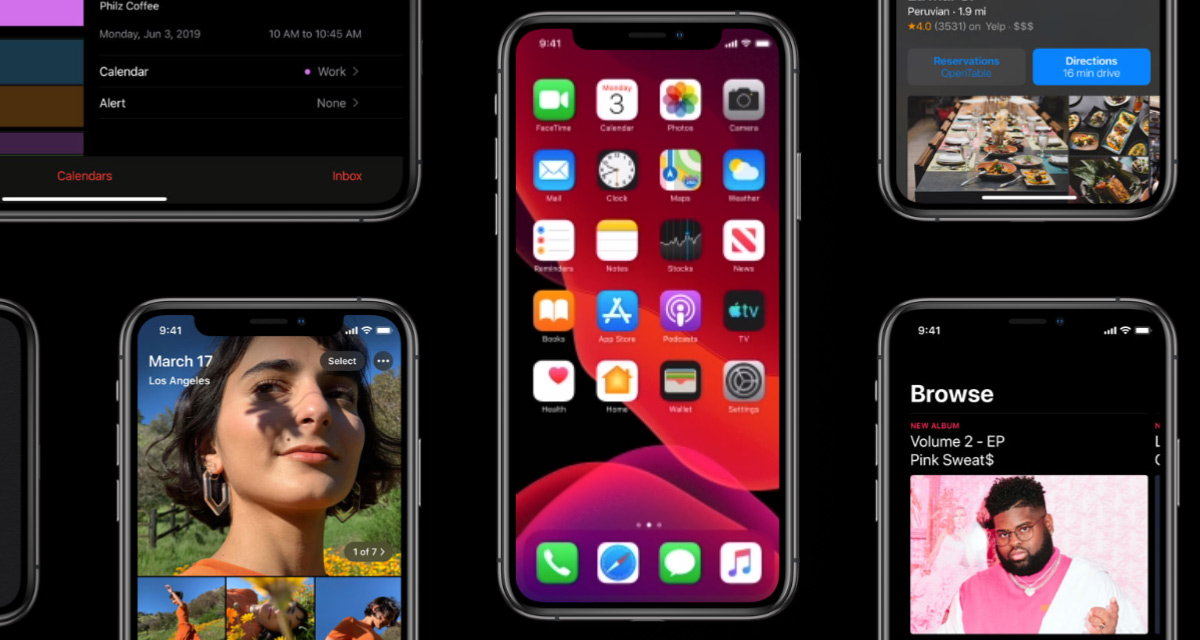Here’s how you can download and install iOS 13 beta 1 and iPadOS 13 beta 1 using Windows PC the easy way.
Apple announced a raft of new software releases during its WWDC 2019 opening keynote yesterday, with the first beta release made available to developers shortly after the event. As many have since found out, installing the iOS 13 and iPadOS 13 beta isn’t a simple affair with no OTA option available. You also need to have Xcode 11 or macOS 10.15 Catalina beta installed, which is another 7GB+ download.

That’s doable if you’re a developer with a Mac, but if you’re using a Windows machine, you’re a bit stuck. Apple doesn’t offer Xcode for PC, making it almost impossible to install the betas. We say almost, because someone has the answer. Yes you read that right, it’s possible to install both iOS 13 and iPadOS 13 if you have the IPSW files and are willing to jump through some hoops.
Once you’ve made sure you have an up-to-date backup via either iTunes or iCloud, here’s what you need to do.
Step 1: First, make sure that your device’s UDID is registered on the Apple developer portal.
Step 2: Next, download the relevant IPSW for your particular device.
Step 3: You also need to download libimobile2019 from GitHub and then unzip the file.
Step 4: With your iPhone or iPad connected to your computer, open the Command Prompt.
Step 5: Now, drag the idevicerestore.exe file from the libimobile2019 archive into the Command Prompt, then add “ -d” to the end, without the quotes. Note the space in there, too. Now, drag the IPSW to the same command prompt so it populates the command with its location. When you’re done, the command should look something like this:
C:\Users\YourUsername\Downloads\libimobile2019\idevicerestore.exe” -d “C:\Users\YourUsername\Downloads\iPhone112iPhone116_13.0_17A5492t_Restore.ipsw
Step 6: Press Enter and wait. The command will run and your device will restart. Once it’s done, you should be up and running.

Theoretically, this will update your iPhone or iPad, rather than restore it. That means you shouldn’t lose any data, but your mileage may vary. Hence, the step to make sure you’re all backed up!
You may also like to check out:
- iOS 13 Beta 1 Profile Download Free Along With iPadOS 13 Will Be Available This July, Confirms Apple
- iOS 13 Beta 1 OTA Configuration Profile And iPadOS 13 Download Not Released Yet, Here’s Why
- 100+ iOS 13 Hidden Features For iPhone And iPad [Running List]
- How To Downgrade iOS 13 / iPadOS 13 Beta To iOS 12.3.1 / 12.4
- iOS 13 Public Beta 1 Download Release Date Announced Along With macOS 10.15, tvOS 13 Public Betas
- iOS 13, iPadOS Compatibility For iPhone, iPad, iPod touch Devices
- iOS 13 Beta 1 Download IPSW Links, OTA Update And iPadOS 13 Beta 1 For iPhone And iPad
- Download iOS 13 Beta 1 IPSW Links & Install On iPhone XS Max, X, XR, 8, 7, Plus, 6s, iPad, iPod [Tutorial]
You can follow us on Twitter, or Instagram, and even like our Facebook page to keep yourself updated on all the latest from Microsoft, Google, Apple, and the Web.

